Why Porn is Addictive

Porn addiction is not just about sex, nor is it simply a matter of willpower or morality. It’s rooted in a deeper inner dynamic — one of longing, disconnection, and symbolic substitution. This blog explores how porn addiction forms, what it truly points to, and how the way forward lies not in suppression but in Read the full article…
Lisa Spheres: Addiction Relief

Addiction is one of the clearest mirrors of collective pain. It shows what happens when people lose touch with themselves and with the world around them. Lisa Spheres bring a new possibility into that space: healing through presence, Compassion, and belonging. When technology serves awareness, even cities wounded by dependency can begin to breathe again. Read the full article…

Alcohol as Deep Connector or Empty Substitute
A glass of wine. A shared laugh. A softening of the evening air. It all feels so natural, so human. But is alcohol helping us come closer to others, to ourselves, or is it replacing something we’ve forgotten how to reach? Longing for real contact For many, the real pull of alcohol doesn’t begin in Read the full article…
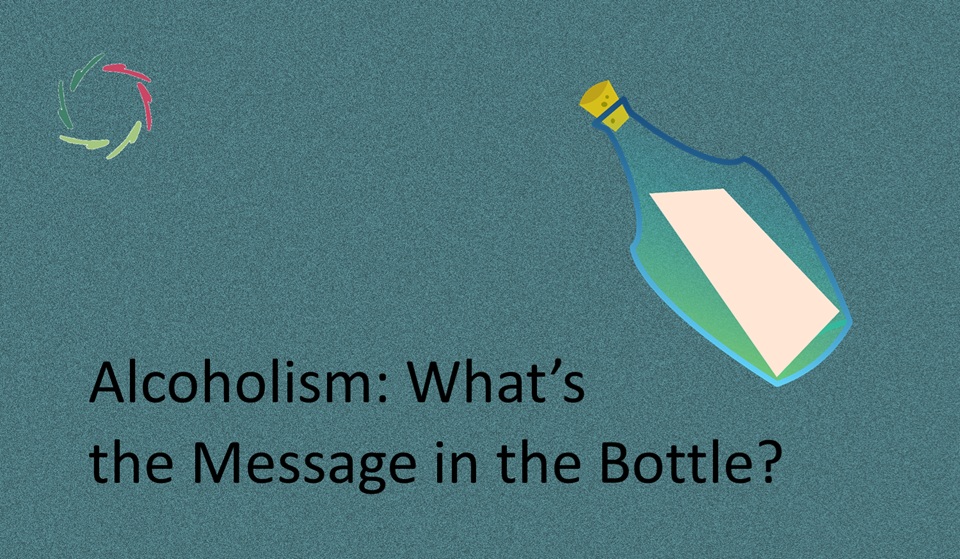
Alcoholism: What’s the Message in the Bottle?
Many who struggle with alcohol addiction see it as a chemical dependency, a bad habit, a force outside of themselves. But what if alcohol carries a deeper message ― not in the bottle itself, but in the way it draws people in and keeps them coming back? Alcoholism is often treated as a battle: either Read the full article…

Psychedelics and Religion
The connection between psychedelic and religious experiences is grounded in the concept of subconceptual processing. Thus, we can focus on the transformative potential of both when approached with respect. The profoundness of genuine religious experiences should never be diminished. These encounters offer transformative insights, shaping individuals’ lives in deeply meaningful ways. Interestingly, psychedelic experiences can Read the full article…

Psychedelic Microdosing and Autosuggestion
Autosuggestion (and Lisa) can enhance both the safety and depth of microdosing psychedelics experiences by shaping the set and setting. It is a powerful tool to help the person achieve meaningful personal growth while ensuring the experience remains safe and purposeful. Attention: Without the proper mental preparation and environment, the experience can be unpredictable. Autosuggestion Read the full article…

Twelve Principles for Coaching Opioid Addiction Relief
Here are twelve principles for coaching in the case of opioid addiction, based on the integration of Compassion, autosuggestion, and the AURELIS philosophy of deep personal growth. These principles help Lisa create a supportive, non-judgmental space where individuals dealing with opioid addiction can explore their inner worlds and heal from within, ensuring that their journey Read the full article…

Opioid Addiction Relief – Read&Do
My latest book, in the Read&Do series. Available on Amazon. The journey Addiction, particularly opioid addiction, is a pervasive and harrowing issue that afflicts individuals, families, and communities across the globe. The journey to addiction is not a simple path, nor is it one that can be easily reversed with mere intent or superficial treatments. Read the full article…

The War on Drugs Inner Dissociation
The war on (hard) drugs is a failed war because drugs are not the core of the problem by themselves. The latter lies in-depth ― not only in the user but also in the environment, the broad culture, and the immaturity of the human being. Consciousness and proneness to addiction Profoundly, they are about the Read the full article…
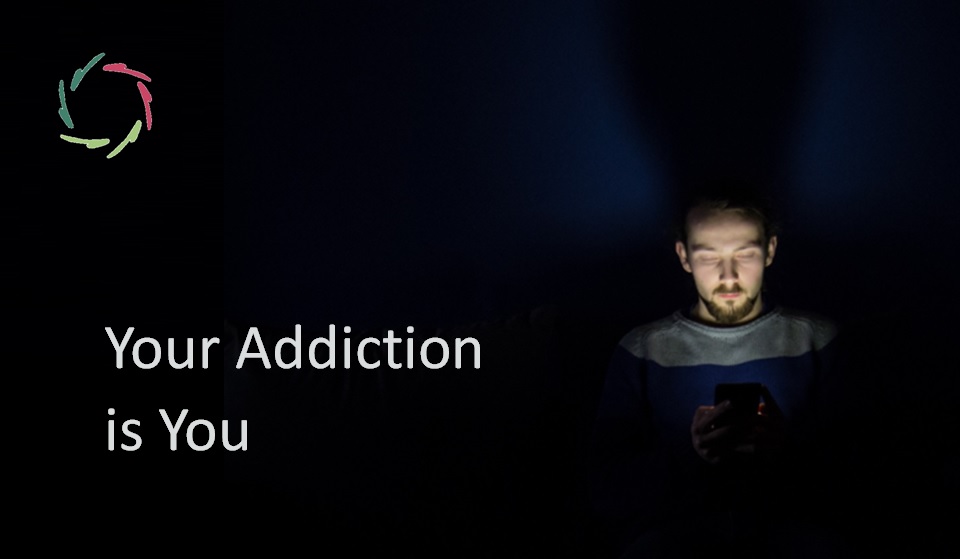
Your Addiction is You
Your addiction is not a strangely alien disease that has invaded you and that you can cut out without losing a substantial part of yourself. Understandably, this cutting may feel like damaging yourself even more. There is no need to. Verdict: not guilty Nobody is ever guilty of a present addiction. Moreover, guilt can make Read the full article…
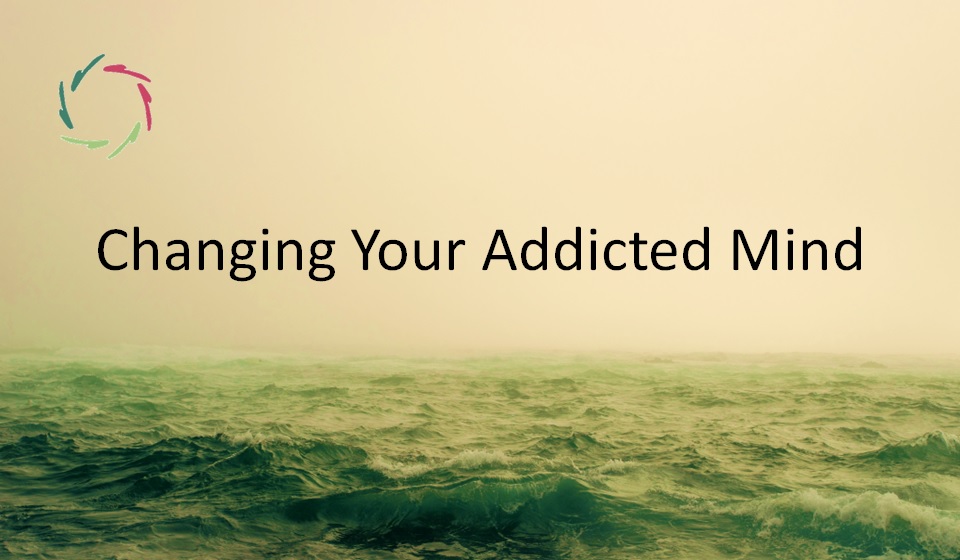
Changing Your Addicted Mind
Hard drugs are called ‘hard’ because they change the physical brain, not only the ephemeral mind. Then, how to durably change a mind addicted to hard drugs? In 2019, 70.000 people died from drug overdose in the US; 1.6 million had an opioid use disorder; 2 million used methamphetamine (crystal meth). Brain = mind More Read the full article…

The Addict’s Grace
Inside the addiction itself, an essential part of the solution lies patiently, gracefully waiting. While reading this text, please stay aware, together with me, of the many miseries of addiction. It is, of course, a very-to-extremely challenging situation. By focusing on the underlying ‘Big Positive,’ a new view may arise that hopefully puts many addicted Read the full article…

(Non-)Morality of Addiction
Addiction is frequently judged from a moral standpoint. This is scientifically unseemly. Moreover, it is contra-productive. The addicted person is not morally bad in being addicted. An addicted person is, by definition, not a free person. His addictive behavior is not free behavior. Thus, by definition, he cannot be a morally bad person. [see: “From Read the full article…

Addiction – Emptiness – Nirvana
Emptiness seems to be associated with addiction and Nirvana. ‘It’ is sought in both ― not coincidentally. High and low Addiction can be seen as an attempt to fill a deep-inside void, an Inner Emptiness that seems unbearable to experience. The addict tries to fill this void with occasional highs. In some way, he also Read the full article…
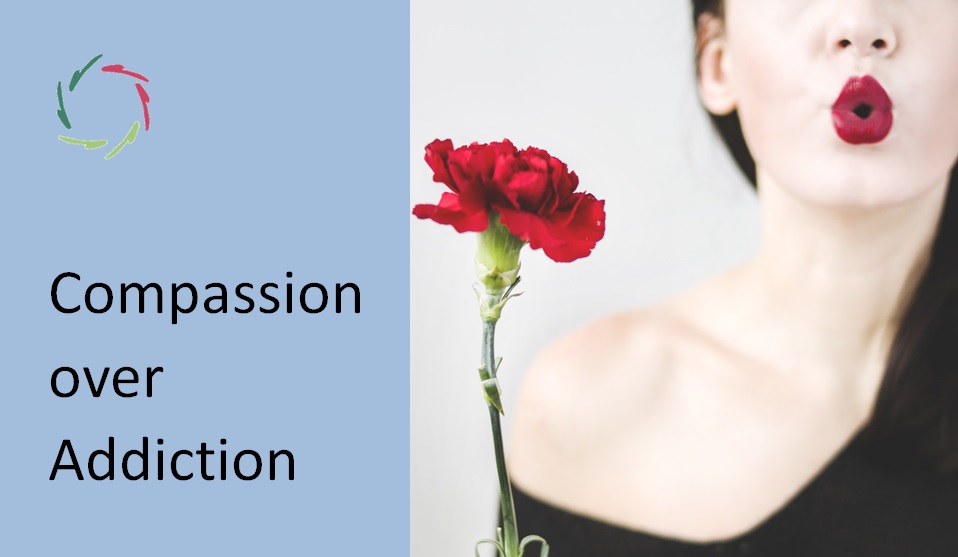
Compassion over Addiction
Addiction and Compassion (with capital C) are subconceptual happenings. Thus, they belong to the same domain and which is different from the merely conceptual one. This opens specific perspectives. Please make sure to read first: [see: “Essence of Compassion”] [see: “Addiction: in Search of Deeper Meaning”] [see: “About ‘Subconceptual’”] Also, please follow the other links Read the full article…

Addiction: in Search of Deeper Meaning
Always. Behind every addiction lies deeper meaning. Its power comes from its deeper meaning, which is intrinsically bound to the addicted person himself. However, its form is alien. This way, the addicted person is very much trapped… by himself. This presupposes internal dissociation. A more dissociated person is thus probably more prone to addiction. [see: Read the full article…
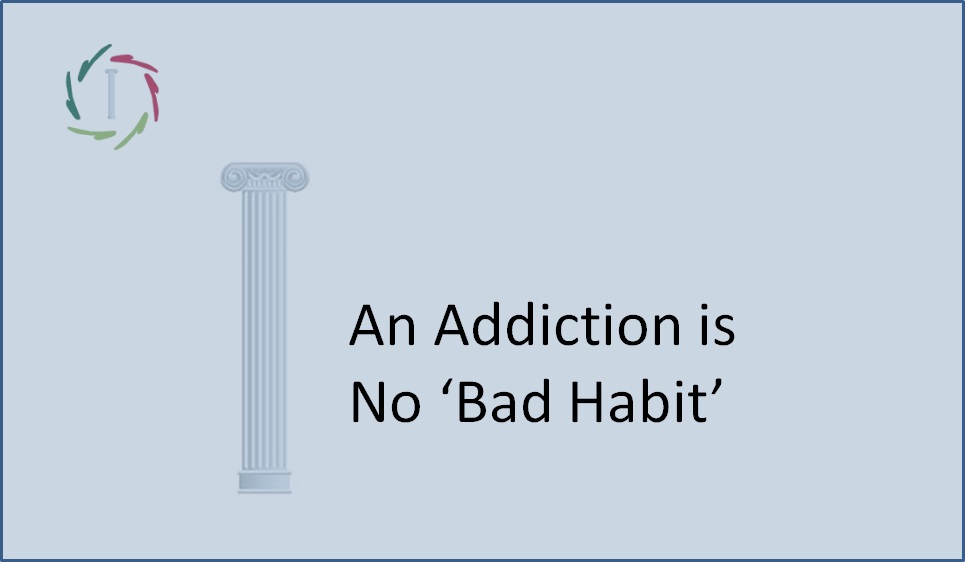
38. An Addiction is No ‘Bad Habit’
You are doing everyone a favor by pointing at the ‘circle of addiction’. Many people who are seriously addicted, see this as a ‘bad habit’. They say, “I will stop smoking if I feel like it, but that is not the case yet.” Okay, but what if this “I do not feel like stopping yet” Read the full article…

Addictive Behavior = Communication
ADDICTIVE BEHAVIOUR = SYMPTOM = SYMBOL Addictive behavior (overeating, smoking…) is a symptom, comparable to other symptoms. So you can approach it – just like all other symptoms – in 2 ways: the symptom as a not-symbolic entity. In this case, the behavior is something that you just want to get rid of as quickly Read the full article…

Six Steps Every Drug Addict Could Take
Psychology should ALWAYS be part of managing an addiction: not just fighting it but really managing it in due respect for yourself as a ‘total human being’. Thus, in every case, if you want to overcome an addiction, it’s good to take the psyche into account. First step: it’s you. Within the totality of your Read the full article…
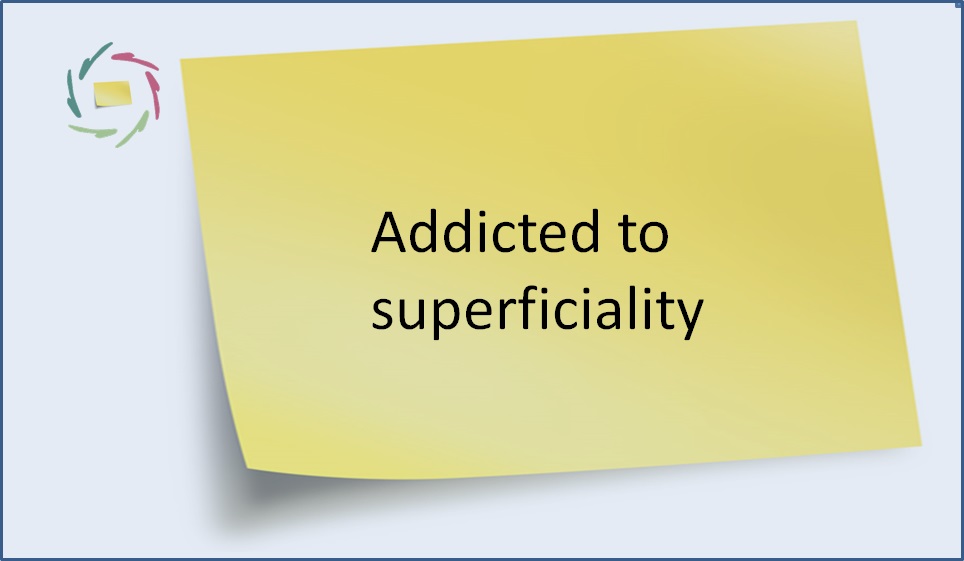
39. Addicted to superficiality
I have long thought about why people en masse become addicted to something like cigarette smoking and why it is so difficult for many to get rid of it. I found an important part of the answer in the insight that behind such an addiction lies an even much stronger addiction. This is not an Read the full article…